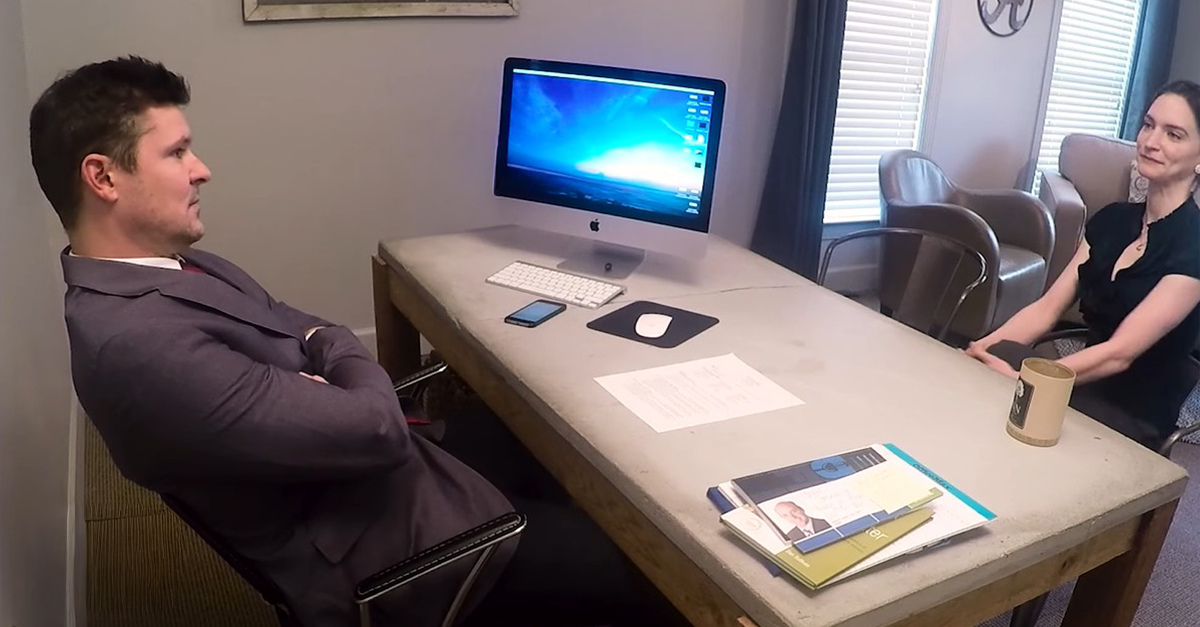It started with a routine glance at your business PayPal account. But then you notice a series of unfamiliar payments labeled “digital commissions.” A closer look reveals that your teenage daughter has been selling AI-generated art online—and she’s been using your business account to collect payments. Suddenly, what began as curiosity becomes a potential tax nightmare.
Business And Personal Lines Crossed
Your PayPal account is connected to your registered business, complete with a tax ID and bookkeeping software. By accepting your daughter’s art payments through this channel, the lines between personal and business income are blurred. And when it comes to taxes, that’s exactly the kind of thing that can cause serious trouble if the IRS comes calling.
Unreported Income Risks
Any income entering your business account is presumed to be related to your business unless you can prove otherwise. If that money isn’t reported or properly categorized, the IRS may treat it as unreported income. Even if the total isn’t huge, unexplained deposits are enough to raise red flags during a tax audit.
Could You Get Audited?
The odds of an audit are still low for most small businesses, but your risk increases if there’s inconsistent income, vague recordkeeping, or mixed personal and business activity. If the IRS notices unusual payment activity in your PayPal history, especially without clear documentation, it might lead to deeper scrutiny or an audit notice in your mailbox.
Digital Sales Leave A Trail
PayPal and other digital platforms don’t keep secrets. Every transaction is logged, time-stamped, and stored—often with buyer details attached. If your daughter has made numerous sales, that pattern may appear as an informal business that you failed to disclose, especially since it all runs through your professional account.
Taxable Income Still Applies
Your daughter might be a minor, but her online earnings still count as taxable income. The IRS doesn’t offer age-based exemptions for self-employment income. Since her sales ran through your business account, the IRS could mistake her profits for your own—and that misinterpretation could result in tax liability or penalties for underreporting.
The Dangers Of Commingling Funds
One of the biggest mistakes a small business owner can make is commingling funds. When personal and business money gets mixed together, you lose a key legal and financial boundary. If you were ever audited or sued, that lack of separation could open you up to personal liability—even for things you had nothing to do with.
What To Do Next
Start by documenting everything. Sort through each payment and flag the ones tied to your daughter’s AI art sales. If necessary, talk to a tax advisor to determine whether you need to amend any returns or clarify income categories. Keeping clear records now can save you headaches later if the IRS comes knocking.
Open A Separate Account
To avoid future issues, open a PayPal account in your daughter’s name, linked to a custodial bank account that you oversee. That way, any earnings from her digital art business stay separate from your own income. It also helps you teach her financial responsibility in a controlled, transparent way. Change your login credentials, and don’t share them with anyone.
Reporting Thresholds Still Apply
Keep in mind that as of recent changes, platforms like PayPal are required to report income over $600 per year to the IRS via a Form 1099-K. Even if your daughter’s side hustle seems small, it could still lead to a tax form—and you’ll need to make sure it’s accounted for properly when tax season rolls around.
Teach Financial Literacy Early
This situation may feel stressful now, but it also presents an important teaching moment. Use it to explain how taxes, business accounts, and income work. Help your daughter understand the rules that come with earning money—even if it’s from selling AI-generated art on the internet. A few lessons now can prevent costly mistakes later.
 LinkedIn Sales Solutions, Unsplash
LinkedIn Sales Solutions, Unsplash
Protect Yourself Legally
To reduce your risk, make sure your books clearly distinguish between your income and your daughter’s. Add notes, print reports, and be ready to explain what happened if the IRS ever questions you. Transparency and good documentation are your best defenses if this becomes more than just a family misunderstanding.
A Lesson For All Digital Families
With today’s technology, teens can launch online businesses overnight. But when they do it through your business infrastructure, the risks become yours. Monitor your financial accounts closely, and take unauthorized activity seriously—because even small surprises can turn into big problems if the IRS gets involved.
You May Also Like:
Bank Accounts: How many should you have?
The Weirdest Shark Tank Products










